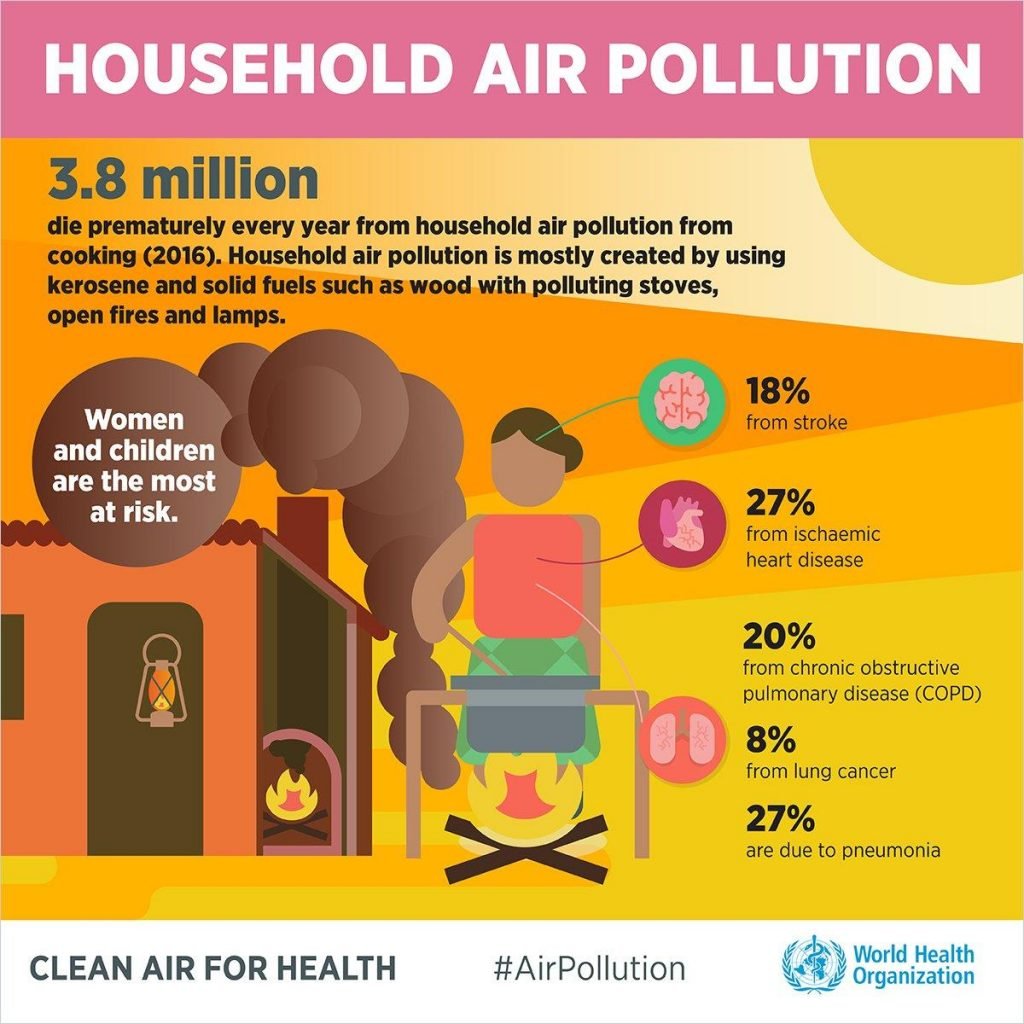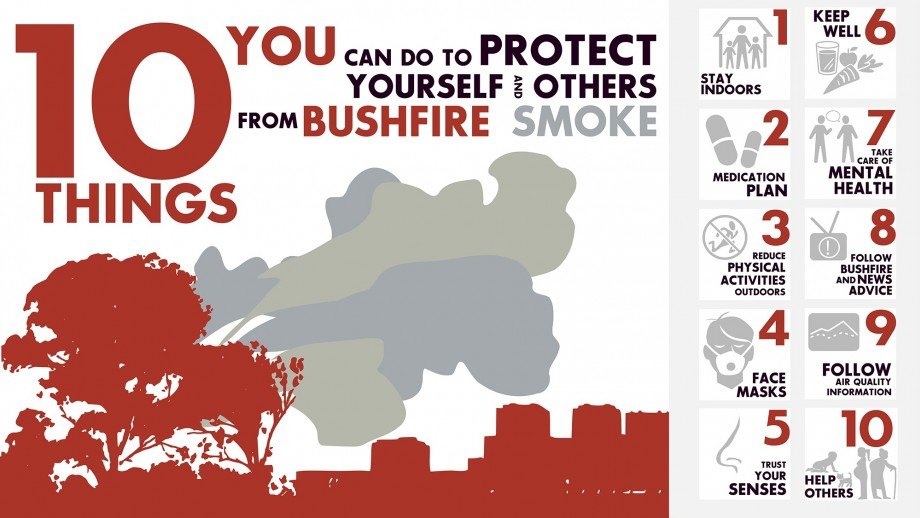
Environment and cancer are linked. Health Equals Freedom
Environment and cancer are linked. Your environment includes the internal and external ‘spaces’, and everything contained which can influence your ability to live your life healthily and well.
Your inner environment refers to the conditions within your body, which you recognise collectively as your ‘health’. This is something that you should take the most responsibility for, as you are the greatest beneficiary of its care.
Your outer environment refers to the conditions external to your body, including everything that your body can ‘sense’, from the weather to people, animals, plants and other organisms.
The ideal environment is one where both your inner and outer environments support each other.
The best approach to ensure your environment does support your health is to focus on taking responsibility for creating the environment you live in. Obviously, you can’t influence all external factors, such as the weather, but many other factors you expose yourself to can be altered. The most important step to improving your environment is developing awareness of what factors contribute to your environment, both positively and negatively.
Internal awareness is about noticing and being able to respond to your body’s needs without having to wait for the loud ‘wakeup calls’, like CANCER diagnosis, advanced pain, stress and illness. But if you have had a wakeup call, like cancer, it is never too late to improve your environment.
This may be the result of the following:
- The food you put in your body,
- The quality of the water you drink,
- The cosmetics, skin, hair and body products you use,
- Drugs, alcohol, and tobacco you use regularly, and
- The positions you regularly place your body in (e.g. sitting all day versus going for a walk, sun sunbaking etc).

Ways to improve your environment for your health
Because the environment and cancer are linked, noticing your external environment means you are able to recognise what you can change, such as:
- The quality of the air you breathe,
- Cleaning and other household chemicals you used (as many are toxic like cosmetics),
- The sun-exposure you get,
- Protecting yourself from WIFI and electromagnetic radiation (EMR),
- The quality of your sleep environment, and
- The ergonomics of your workspace.
Here is some tips from ANU School of Population Health on how to protect yourself from bushfire smoke:

Click here to read – how to clean the air quality in your home with plants?
For example, I use an air-filter inside my home to keep allergens and particles in the air to a minimum. My air-conditioner is a refrigerated system and can’t the filter air adequately for me. Oh, I should mention, you should service your air filter and air-conditioners regularly, and open windows if where you live it is safe to do so.
I also use a filter in my car to keep the air fresh.
Because there are many factors to consider in your home, I recommend a personalised consultation. A personalised consult tailors’ information to what you might need in your home environment to best support your health.
Click here to book your personalised one-on-one consultation.
Yours in good health,

